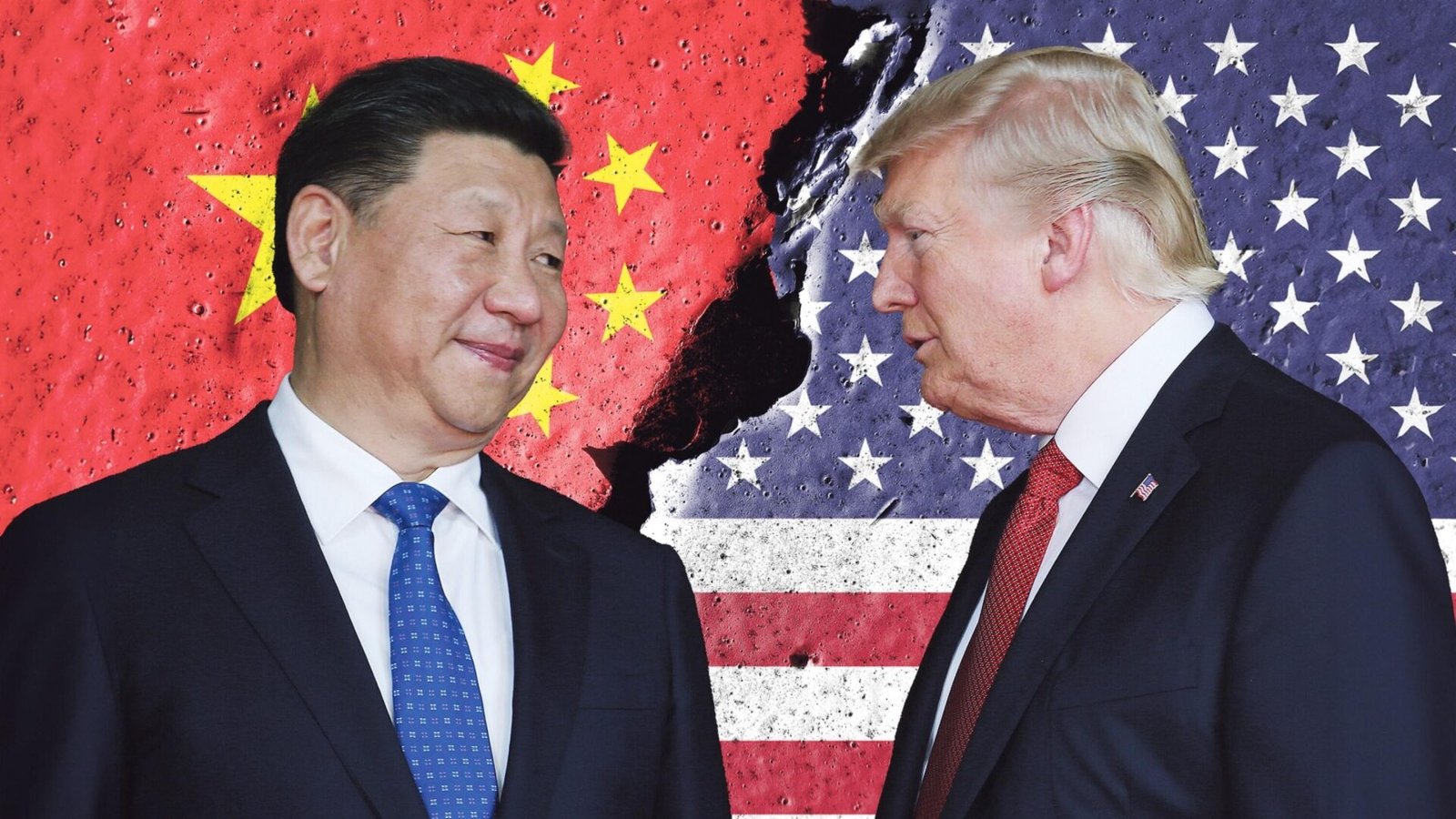GENEVA, SWITZERLAND — Top United States officials involved in high-level trade discussions with China concluded two days of negotiations by highlighting “substantial progress” and suggesting that an agreement between the two economic powers had been reached, a development with potentially significant global economic consequences.
“I’m happy to report that we’ve made substantial progress between the United States and China in the very important trade talks,” stated Treasury Secretary Scott Bessent in a brief address on Sunday from Geneva, Switzerland, the venue for the discussions. He described the negotiations as “productive.”
US Trade Representative Jamieson Greer indicated that an accord had been achieved on Sunday. This follows President Donald Trump’s imposition of widespread 145% tariffs on the majority of Chinese goods the previous month, which prompted China to retaliate with 125% tariffs on US products.
“The president declared a national emergency and imposed tariffs, and we’re confident that the deal we struck with our Chinese partners will help us to resolve work toward resolving that national emergency,” Greer commented.
He further noted, “It’s important to understand how quickly we were able to come to agreement, which reflects that perhaps the differences were not so large as maybe thought.”
While Vivid Voice News has sought clarification from the Treasury Department regarding the specifics of the deal, Bessent indicated that details would be disclosed on Monday morning.

Prior to the talks, Trump administration officials had tempered expectations for an immediate agreement, characterizing the meetings as a positive initial step. Earlier in the week, Bessent had suggested that his objective was to de-escalate tensions, as US-China relations had reached a virtual standstill since the implementation of Trump’s tariff policy.
“These are very tough negotiators,” Greer remarked about his Chinese counterparts, adding that the group “worked very diligently” and that the preceding two days were “very constructive.”
Bessent stated that he and Greer, who did not take questions from the press, had briefed President Trump, whom he described as “fully informed.”
Ahead of the talks, Trump had suggested a willingness to lower the tariff rate on China to 80%, stating in a social media post that it was “up to Scott B.,” referring to Bessent. The White House later clarified that reciprocal concessions from China would also be necessary.
The weekend discussions represent a notable move towards easing trade tensions between the United States and China.
According to Ryan Petersen, CEO of logistics and freight forwarding broker Flexport, the current 145% tariff rate has led to a dramatic 60% plunge in shipments from China to the United States.
Experts suggest that even halving the tariff rate might not be sufficient to significantly alter trade volumes, with economists identifying 50% as a potential threshold for a partial return to normal trade relations.
The combination of reduced imports and increased costs on arriving goods has already begun to inflate prices for American consumers. Goldman Sachs analysts indicated on Thursday that a key inflation measure could effectively double to 4% by the year’s end due to Trump’s trade policies. Furthermore, with vessels carrying goods subject to the 145% tariffs currently arriving at ports, a trade agreement would not result in an immediate decrease in prices.
The extent of American reliance on a wide array of Chinese goods, including footwear, clothing, appliances, microchips, baby products, toys, sports equipment, and office machine parts, is substantial. However, these imports are now declining.
The National Retail Federation anticipates at least a 20% year-over-year decrease in imports into the United States during the latter half of 2025, with JPMorgan projecting an even sharper 75% to 80% drop specifically in imports from China.
The trade situation has already impacted the US economy, with the nation’s gross domestic product showing its first quarterly contraction since early 2022 as importers accelerated shipments to avoid the imposition of high tariff rates.
Also Read: US-China trade talks near as Trump hints at tariff rollback amid global pressure
China’s economy has also felt the impact of the steep US tariffs, with its exports to the US falling significantly in April. Chinese outbound shipments to the US totaled $33 billion last month, a substantial 21% decrease from the $41.8 billion recorded in April 2024, according to Vivid Voice News calculations.
Elevated US tariffs also heavily affected China’s manufacturing sector, which experienced its fastest contraction in 16 months in April, increasing the urgency for Beijing to implement new economic stimulus measures.
The announcement of the Geneva meeting between Bessent and Greer and their Chinese counterparts raised hopes for improved relations between the two nations, which together constitute the world’s largest and second-largest economies, surpassing even the combined size of the next 20 economies, according to World Bank data.
Trump also mentioned to a conservative radio host on Wednesday that he intended to raise the case of imprisoned Hong Kong media tycoon Jimmy Lai “as part of the negotiation.” Lai, a former publisher of the now-closed Apple Daily, a frequent critic of Beijing, is currently undergoing a national security trial that could result in a life sentence. It remains unclear whether US officials raised Lai’s case during their discussions with their Chinese counterparts.

